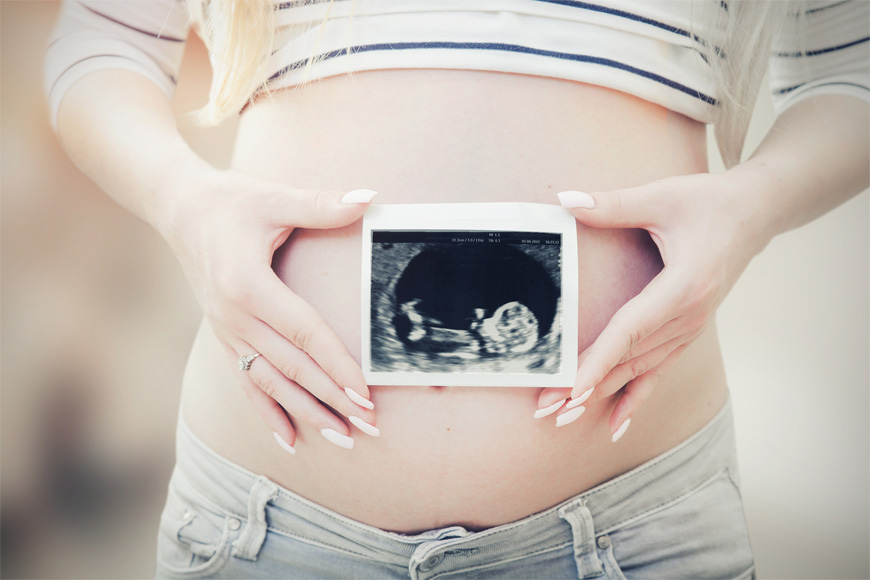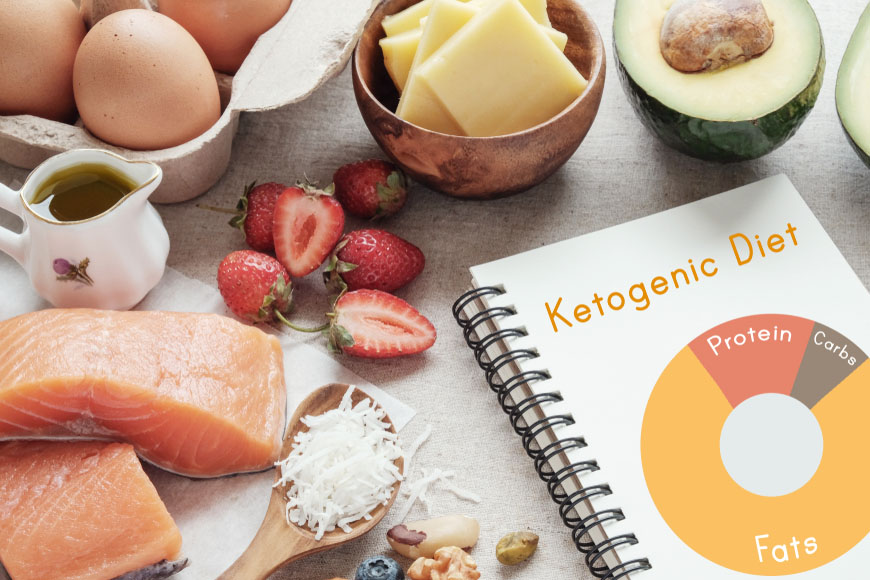Managing nutrition during Ramadan is important. Here's what to keep in mind, according to a Clinical Dietician

Stay healthy while observing Ramadan this year.
Although the essence of fasting in Ramadan is spiritual, this holy month also offers several benefits for both the mind and body.
What are the benefits of fasting?
Fasting helps reset our metabolisms by compelling the body to work harder during fasting hours without food and drink, thereby utilising stored fat and facilitating a natural detoxification process to eliminate toxins.
Studies have shown that fasting enhances cognitive function and concentration, thus boosting brain power.
Furthermore, fasting provides an excellent opportunity for our digestive system to rest and rejuvenate, thereby improving gut health and potentially reducing the risk of gastrointestinal disorders such as acid reflux and irritable bowel syndrome.

As Ramadan installs self-restraint throughout the day, it serves as an ideal time to consider relinquishing unhealthy habits, such as smoking, for good.
The pre-dawn and post-sunset meals (Suhour and Iftar meals) during Ramadan are two crucial meals that should be balanced, containing all the necessary nutrients for the body, including healthy proteins, complex carbohydrates, fibre, vitamins and minerals.
It’s important to recognise that the holy month of Ramadan presents an excellent opportunity to adopt healthy dietary modifications for weight loss and maintenance.
Authored by Sana Wahib.
Consult qualified nutrition experts at Mediclinic Airport Road Hospital Abu Dhabi, where healthcare professionals provide evidence-based counselling and individualised nutrition care plans that suits each person’s health condition to promote optimal nutritional status and quality of life.


























.png?itok=HBSyMDok)























































































.png?itok=0fOAXkOm)















.png?itok=EH_x0Pha)













